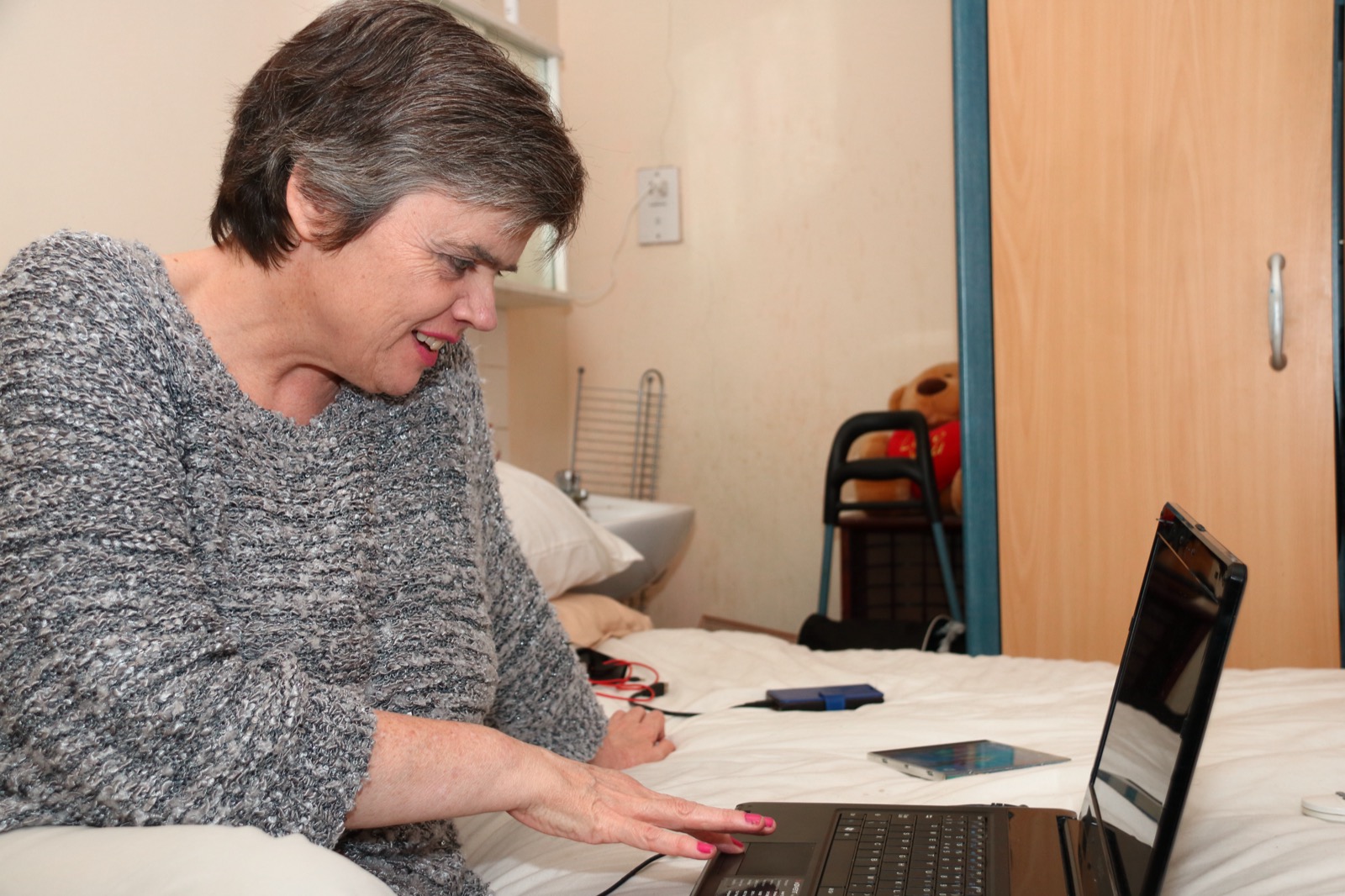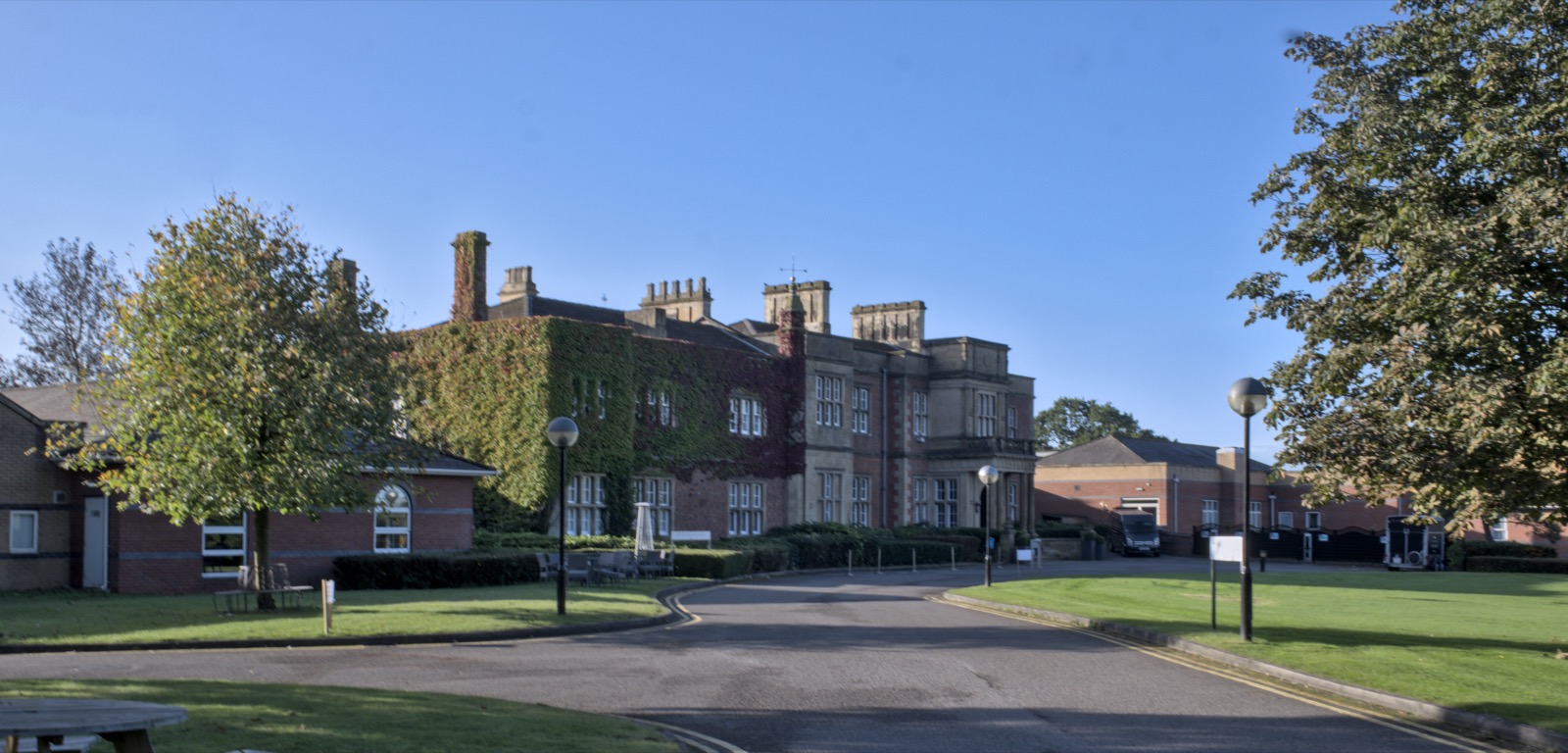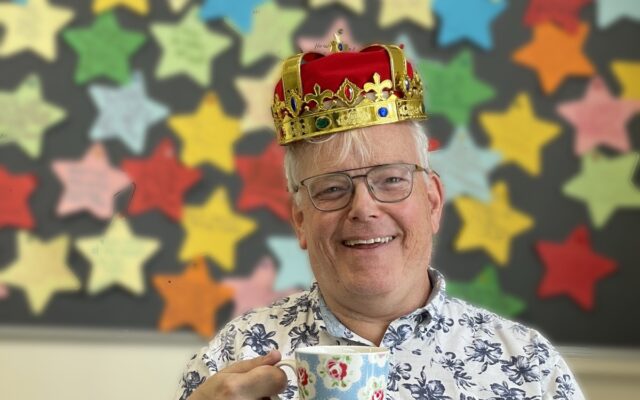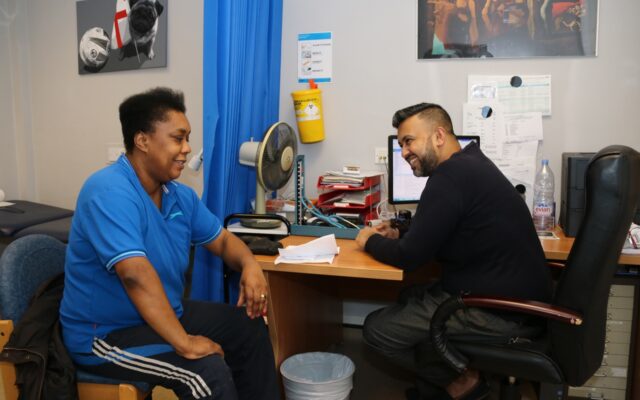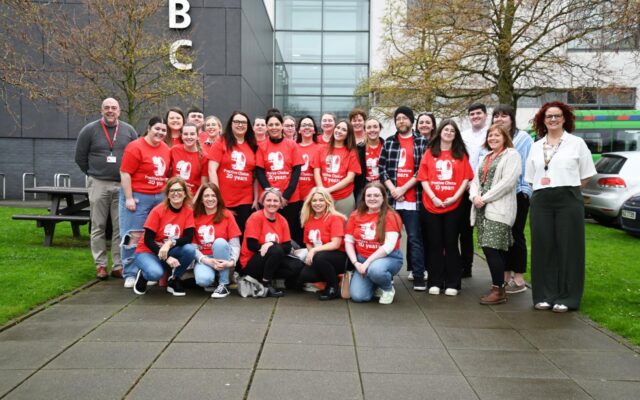The Life Stories project seeks to reveal the often hidden lives of those we support who have a learning disability.
The TV programme Who Do You Think You Are?, in which family histories of celebrities are explored, sparked the idea of doing something similar in regard to those we meet on a daily basis.
This is because we have little or no knowledge of what happened in their lives before we began supporting them.
The project has been running for the past year at our community interest company Future Directions, based in Oldham.
The first story we produced – we have created 20 so far – was a perfect example of this. We had supported a man in his mid-60s for many years but his file contained only two lines about his life before he came to us.
I lead the project in my role as community connector. Our aim is to produce the life stories of the 330 or so individuals we support, focusing initially on those with little or no expressive speech.
The time it takes to complete a story varies because a colleague and I both work on the project part time. For those with family members who can share stories, it can take several weeks to meet, share memories, unearth photographs and enable the person and their family member to approve a final draft.
In Mike Taylor’s case (box), it took about six weeks, going at the pace that suited him, his family and his friend.
It is a two-pronged project. First, it involves uncovering the historical records, where possible, of those who were institutionalised, often when very young. Second, it engages with family members who are able to share many memories of their child’s or sibling’s early days.
One of the biggest difficulties relates to those who were placed in long-stay institutions, often in early childhood. So far, the earliest admission we have identified was a girl of only 21 months.
We had supported a man in his mid 60s for many years – but his file contained only two lines about his life before he came to us
Many but not all personal records from the institutions where people once lived have been retained. We have been fortunate to access the records department of Mersey Care NHS Foundation Trust.
Decades of records
I often spend several hours going through thousands of pages of records, sometimes spanning more than 40 years. I look to uncover unknown facts about the person’s experience in such settings and also find some shocking details.
For instance, the man I mentioned in his mid-60s is of Caribbean heritage and in, more than 40 years spent in institutions, his name was never spelt correctly.
Life was hard for parents and siblings too.
I have uncovered letters sent to parents on the admission of their very young son or daughter issuing them with a visiting card. The letters explain visiting was on Wednesdays and Saturdays and limited to two people, with any variation requiring written permission.
Twice with people we support who were in Cranage Hall Hospital in Cheshire, we were told that all personal records had been destroyed. I was advised, however, that some hospital records might be held at the Cheshire Archives and Local Studies service in Chester.
I was able to find records of the board of governors dating back to the 1950s; they seem to have spent more time discussing the price of pig feed for the hospital’s farm animals than over concerns that one single nurse was on duty for a ward of 30 adults.
However, it is important to note that we have also found examples of really good care and support.
We have discovered photographs of holidays, personalised cards made for people being discharged and even copies of certificates awarded for the completion of college courses while in hospital care. One person now has a copy of such a certificate hanging on their bedroom wall.
Where people still have family connections, the insights have been powerful, especially with siblings revealing facts about the early lives of those we support.
One man we support often exclaims “cat” for no apparent reason. His sisters explained that, as a young lad seeking to avoid being told off, he would often blame the family cat.
Now staff have a new insight they never had before. His family had so many stories to tell about their brother that they made a family video, recounting funny tales. He can watch this whenever he chooses.
As the project develops, we want to involve a wider staff group and share these life stories across the organisation and on our Facebook page. We also plan to run a workshop early this year for support staff who could write the life stories of those they support.
The value of seeing the whole person we support cannot be overstated, showing them the respect they deserve and caring for the person rather that the label.
